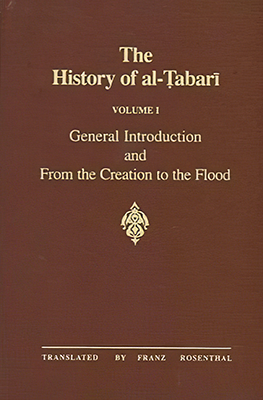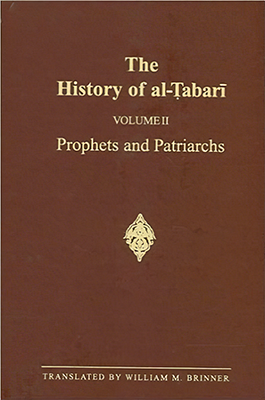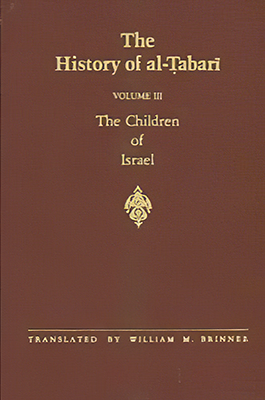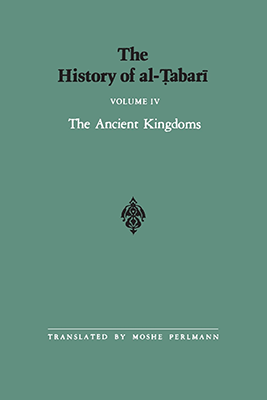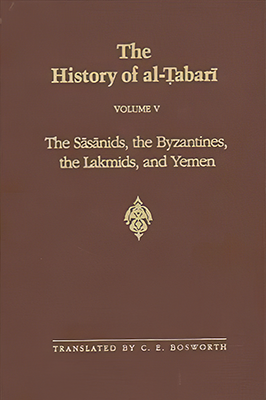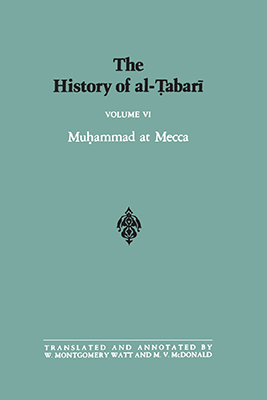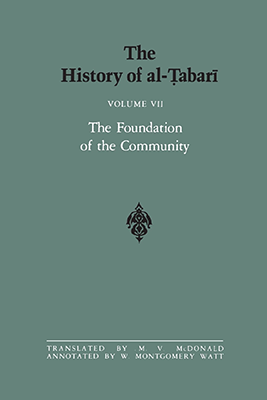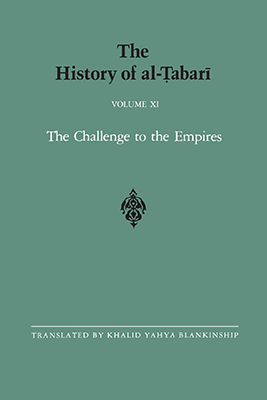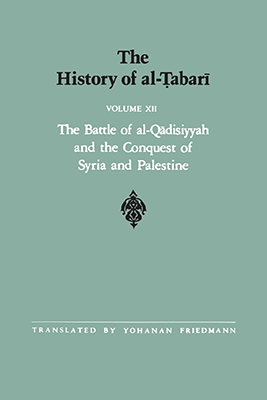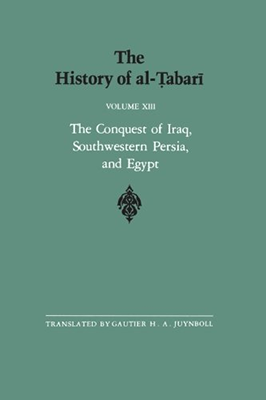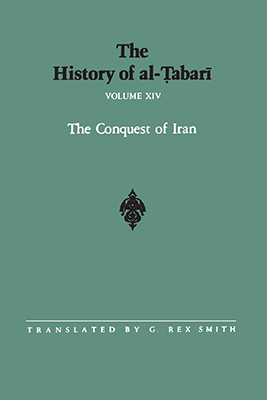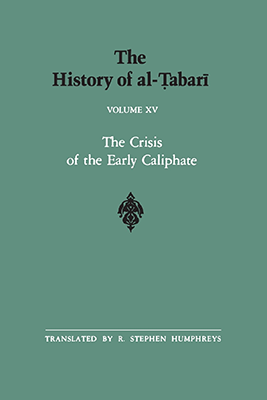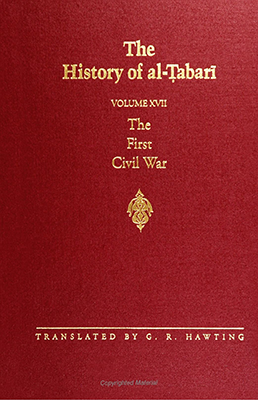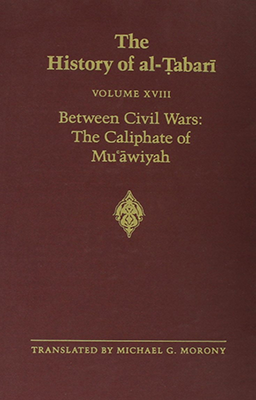Details
Volume XXI of the History of al-Tabari (from the second part of 66/685 to 73/693) covers the resolution of "the Second Civil War." This conflict, which has broken out in 64/683 after the death of the Umayyad caliph Yazid I, involved the rival claims of the Umayyads (centered in Syria) and the Zubayrids (centered in the Hijaz), each of whom claimed the caliphal title, Commander of the Faithful. Both parties contented for control of Iraq, which was also the setting for al-Mukhtar's Schi'ite uprising in al-Kufah during 66/685 and 67/686. Kharijite groups were active in south-western Iran and central Arabia, even threatening the heavily settled lands of Iraq. By the end of 73/692, the Umayyad regime in Damascus, led by Abd-al-Malik, had extinguished the rival caliphate of Ibn al-Zubayr and had reestablished a single, more or less universally acknowledged political authority for the Islamic community.
Al-Tabari's account of these years is drawn from such earlier historians as Abu Mikhnaf, al-Mada'ini, and al-Waqidi and includes eyewitness accounts, quotations from poems, and texts of sermons. Notable episodes include al-Mukhtar's slaying of those who had been involved in the death of al-Husayn at Karbala, the death of al-Mukhtar at the hands of Mus'ab b. al-Zubayr, the revolt of Amr b. Sa'id in Damascus, the death of Mus'ab at the Battle of Dayr al-Jathaliq, and al-Hajjaj's siege and conquest of Mecca on behalf of Abd-al-Malik. There are excursuses on the chair that al-Mukhtar venerated as a relic of Ali, the biography of the colorful brigand Ubaydallah b. al-Hurr, and the development of the secretarial office in Islam
- Author: Ibn Jarir at-Tabari
- Publisher: None
- Language: English
- Pages: 281
- Category: History
- Series: Tareekh at-Tabari
- Download:

